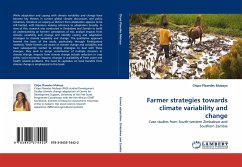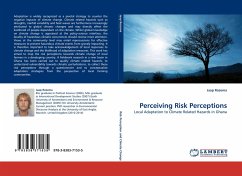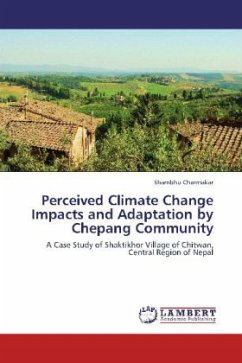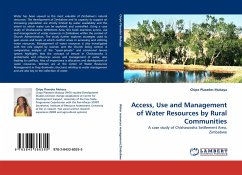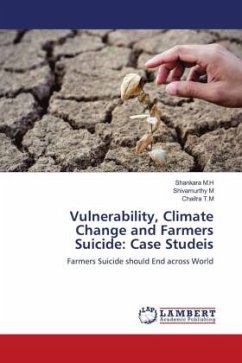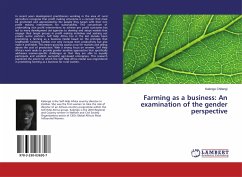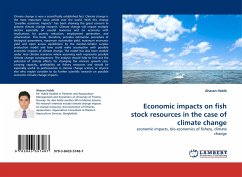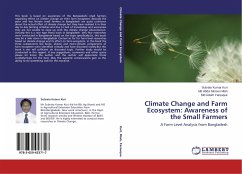While adaptation and coping with climate variability and change have become key themes in current global climate discussions and policy initiatives, literature on coping as distinct from adaptation appears to be still limited, with literature making reference to adaptation broadly. In view of this, research was conducted in Zimbabwe and Zambia to build an understanding on farmers' perceptions of risk, analyze impacts from climatic variability and change and identify coping and adaptation strategies to climate variability and change. The qualitative approach formed the basis of the study, particularly through Participatory methods. While farmers are aware of climate change and variability and have subsequently started to employ strategies to deal with these changes, they tend to assign contribution of multiple stressors to climate change. Impacts from climate change include reduction in crop yields, socio-economic impacts, changes in availability of fresh water and health related problems. The need to capitalize on local benefits from climate change is emphasized in this book
Bitte wählen Sie Ihr Anliegen aus.
Rechnungen
Retourenschein anfordern
Bestellstatus
Storno

